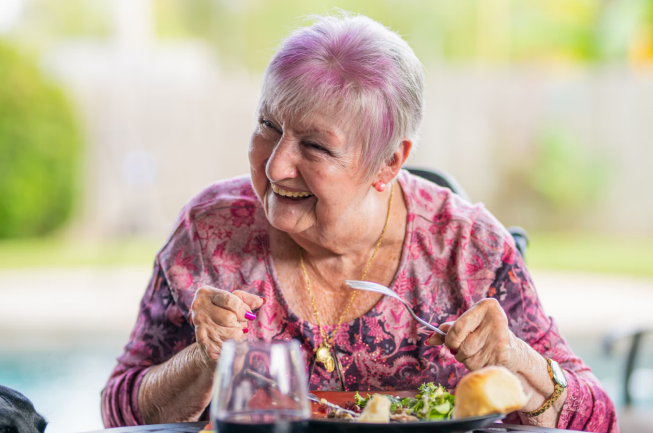3 Tips on How to Create a Happy Home Environment for Seniors with Disabilities
Creating a happy home environment is one of the best ways to nurture a happy life for seniors with disabilities. Their home should be a safe and stress-free refuge where they can unwind every day. After all, the key to living a happy life is to create a home that supports daily wellbeing and moments of delight. Moreover, it can be difficult to figure out what you need to adjust. You may be unaware of the potential dangers that your loved one faces whenever he or she is alone at home.
It can also be challenging to find out how to change something after you know what is unsafe. While staying indoors all the time might seem beneficial to your loved ones’ physical safety, it can also have a negative influence on their mental and emotional well-being especially if they have a serious condition.
When deciding how to set up your loved one's home, there are several factors to consider.
1. Comfort and Privacy
Ageing in place frequently entails being surrounded by the things that your loved one appreciates. They may want assurance that their personal things and privacy will be protected. You can assist by ensuring that they have a personal area where they can independently enjoy doing the activities they love, determining what is essential to them and what they desire to see, touch and hold, and keeping noise levels moderate and acceptable.
2. Social Interaction
According to a Harvard University study, the key to human happiness is the creation of deep ties with family and friends. So this means that creating a home environment where families can gather together can help a senior loved one feel appreciated. Sometimes, all it takes to make people happy is to be with them when they need you most.
Being isolated and alone is one of the most common causes of sadness and depression among senior citizens, especially if they have a disability or condition. So if you want to keep your senior loved ones happy, connection and social interaction at home are very much needed. You can keep them engaged by simply organising family gatherings at home.Technology has also made it easier for people to connect and communicate with each other which makes virtual interactions extremely helpful.
3. Physical and Mental Activity
Being at home is a relaxing experience, especially when you have the freedom to safely move around the house. This is why you should urge your senior loved one to engage in physical exercise even at home. While some physical disabilities may hinder a person from moving, some conditions are manageable.If their bodies will not enable them to do strenuous workouts, basic movements like brisk walking or even clapping hands to the beat of a song can help regulate blood flow, promote heart health, and alleviate anxiety and stress.
You should never forget about the mental health of your senior loved ones while trying to preserve their physical condition. Even if the body's mental strength begins to deteriorate as it ages, it must still operate on a regular basis in order to stay healthy.
Stay Connected With Connected Care
For over 60 years Tunstall Healthcare has been helping people live independently through our Connected Care solutions. Read about some of our clients’ success stories here: https://www.tunstallhealthcare.com.au/case-studies
Whatever a person’s ability, rest assured that there are a number of ways to support their health, independence and lifestyle, whether through personalised care or flexible technology solutions. Contact us today to learn more.


